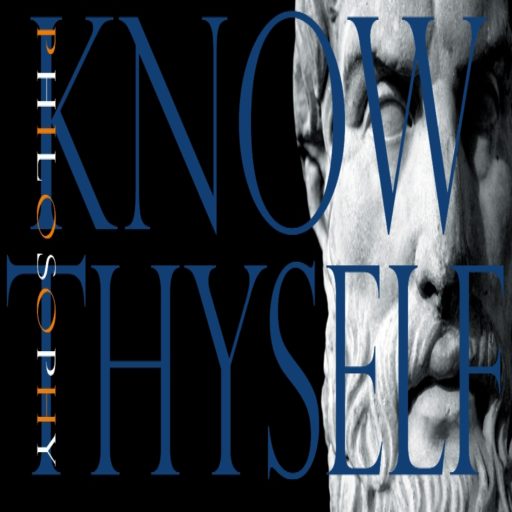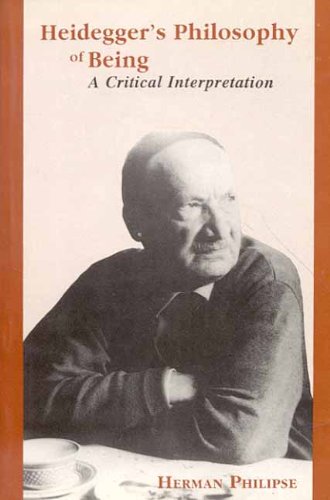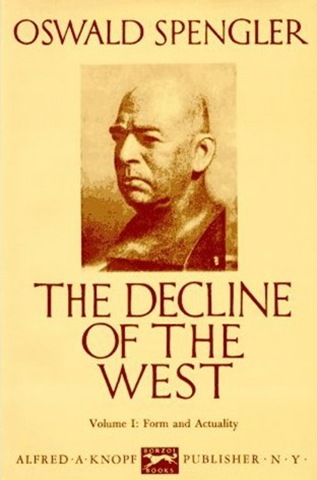Competing epistemological imperatives in the arts
Art critic Eric Gibson pronounces: “Objectivity is a cardinal rule in the discipline of art history. Mr. [Paul] Johnson’s book, by contrast, abounds in strong opinions.” (“Bold Strokes, Strong Opinions,” WSJ) But literary critic Tracy Kidder sneers: “As every graduate student knows, only a fool would try to think or bear witness to events objectively […]
Competing epistemological imperatives in the arts Read More »







